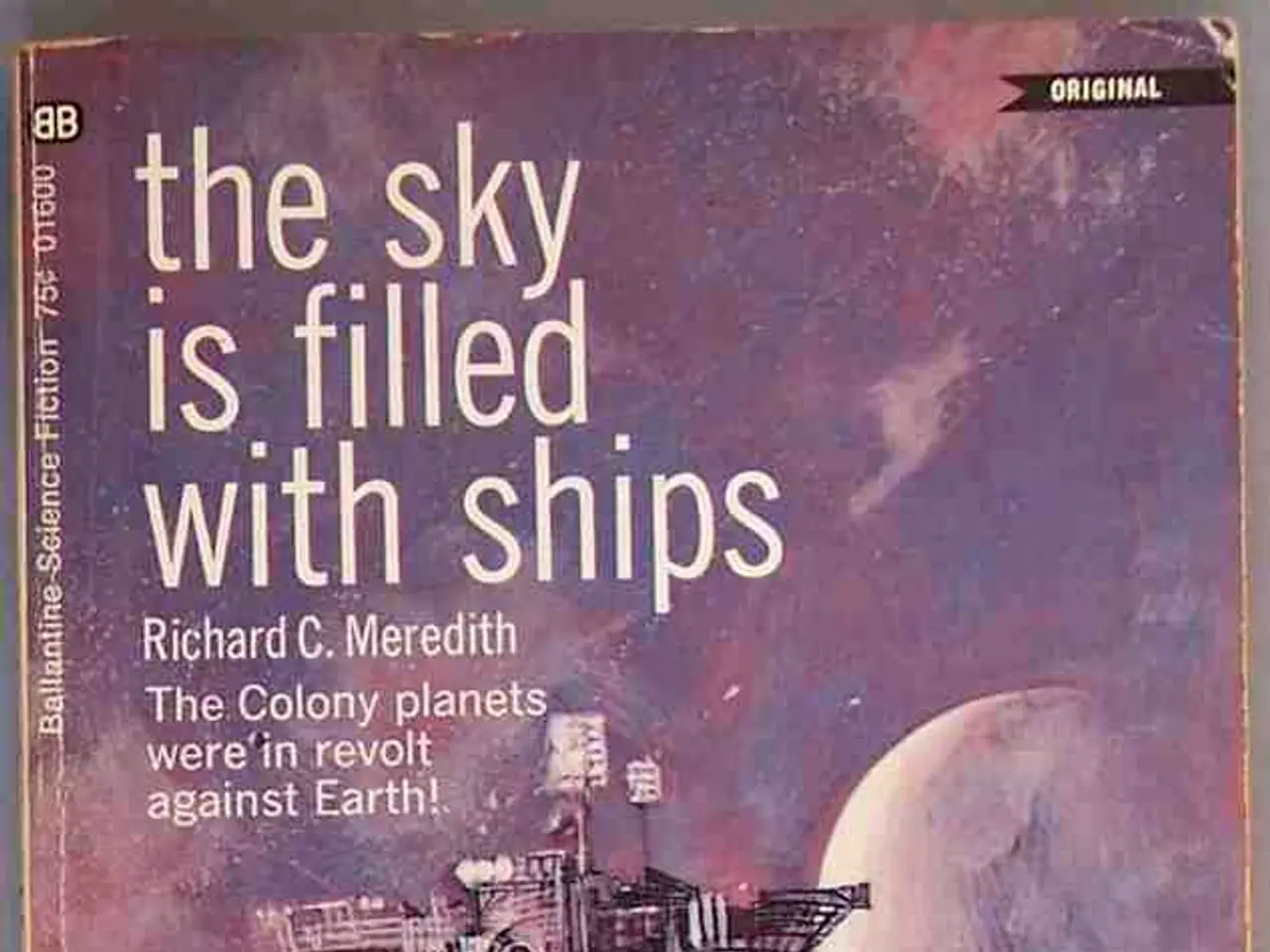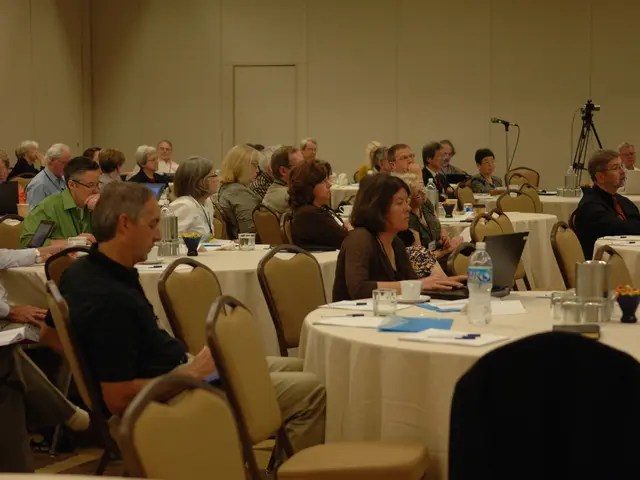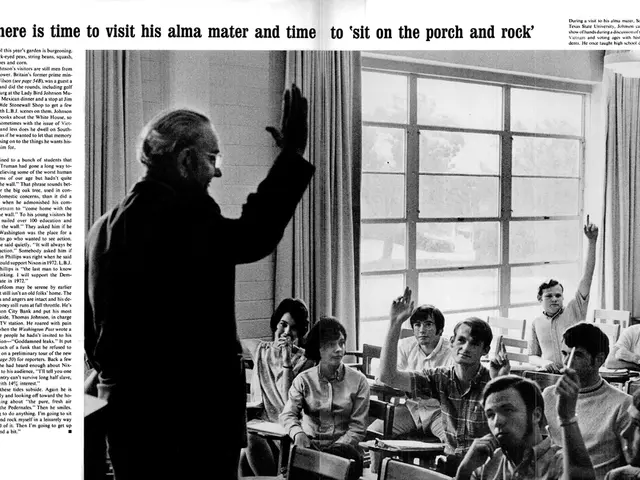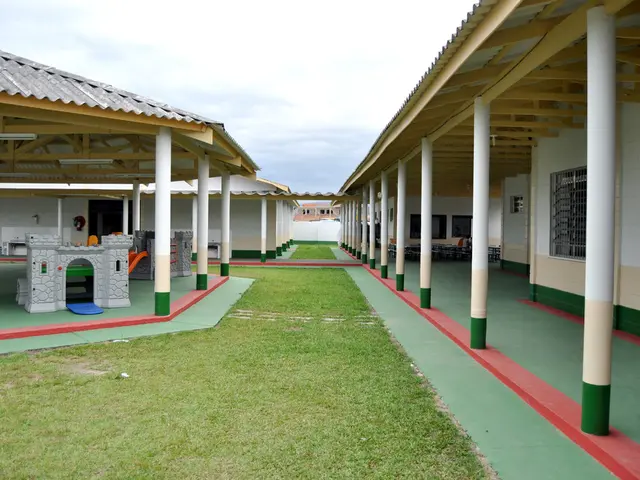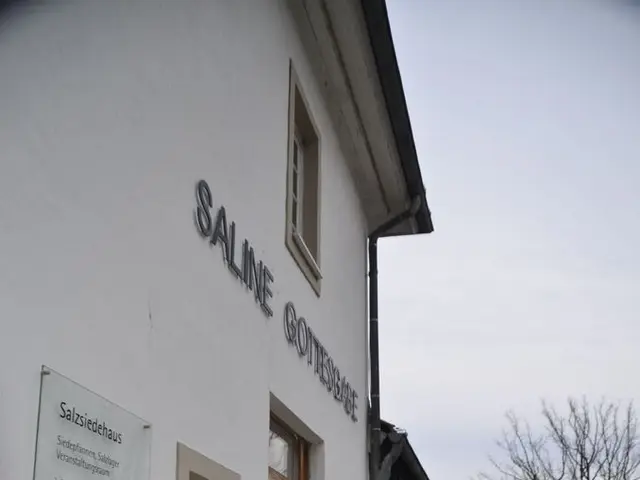Obstacle or Barrier to Civilization Advancement
The concept of the Great Filter, first proposed by economist Robin Hanson in 1998, has sparked intrigue and debate among scientists and thinkers alike. This hypothesis suggests that there is an obstacle in the evolution of intelligent life that most civilizations are unable to overcome, leading to their extinction.
The Great Filter is often associated with the Fermi Paradox, a contradiction between the high probability of the existence of extraterrestrial civilizations and the lack of evidence for, or contact with, such civilizations. This paradox is further explored by the Drake Equation, a mathematical formula developed to estimate the number of intelligent civilizations in the Milky Way galaxy that might be capable of communicating with Earth.
One potential explanation for the Great Filter is the idea of technological singularity. As a civilization advances technologically, it may create machines or artificial intelligence that surpass human intelligence, leading to the extinction of the human race. This notion has been echoed by experts like Stephen Hawking and Elon Musk, who have warned about the dangers of advanced AI.
The development of artificial intelligence is indeed a potential Great Filter for us, as it could pose a significant threat to humanity if it becomes uncontrollable. However, the study conducted by Oxford University in 2018 estimated that there could be as many as 36 intelligent civilizations in our galaxy alone, but this estimation does not take into account the possibility of the Great Filter.
The Great Filter also encompasses more traditional threats such as the possibility of a catastrophic war, sparked by factors like resource scarcity, political instability, or ideological differences. A global conflict could lead to the extinction of our species, underscoring the need for vigilance in our efforts to prevent it.
Another potential example of the Great Filter is climate change. As the Earth's climate is rapidly changing, if we do not take drastic action to reduce carbon emissions, it could result in the extinction of our species. This emphasizes the importance of taking action to mitigate potential threats to our planet and our civilization.
The Rare Earth Hypothesis, proposed by Peter Ward, suggests that the Great Filter is in the development of complex multicellular life, which is rare in the universe. This hypothesis challenges the idea that the Great Filter lies in the evolution of intelligent life, but rather in the initial stages of life's development.
The Cyclic Evolution Theory suggests that patterns of cyclic behavior are a fundamental feature in the cosmos, Earth, and human societies, ranging from cosmic oscillations to the recurrent patterns of growth and decay in human civilizations. This theory implies that the Great Filter may not be a one-time event, but rather a recurring challenge that civilizations must face.
The concept of the Great Filter raises important questions about the future of our species and the importance of taking action to mitigate potential threats. As we continue to advance technologically and culturally, it is crucial that we remain vigilant in our efforts to protect our planet and ensure the survival of our civilization. The Great Filter serves as a reminder that our existence is fragile and that we must strive to overcome the obstacles that stand in our way.
